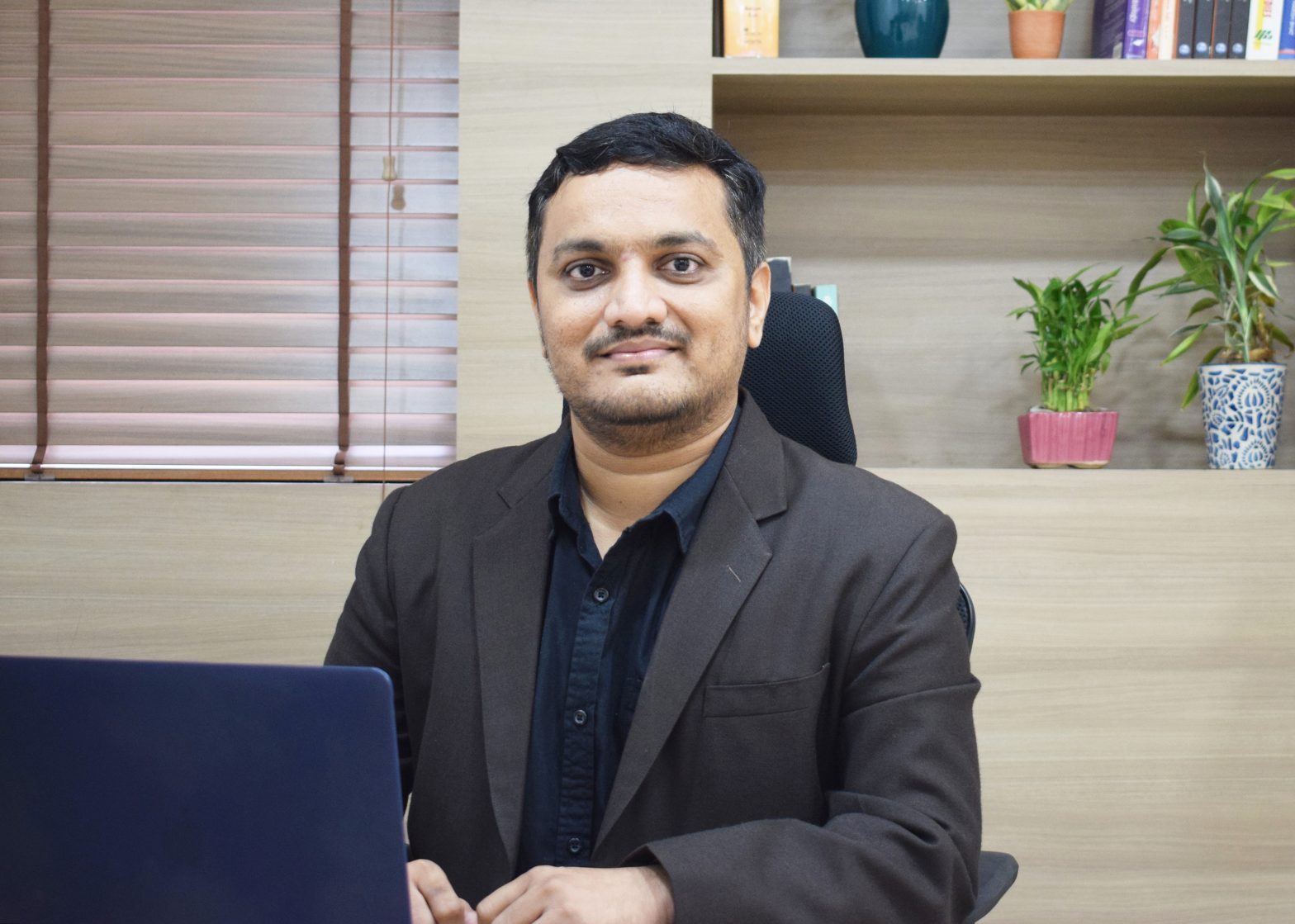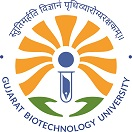
Dr. Dhaval Patel, PhD
– PhD Biochemistry, X-ray crystallography & Structural Biology
– MSc Bioinformatic
About
Following my post-graduation in Bioinformatics, I started exploring biology’s experimental aspects, leading to my PhD (Biochemistry) from The M.S. University of Baroda & IAR. Subsequently, I worked as Assistant Professor at IAR, Gandhinagar (2017-2022). With over 5 years of post-PhD research & teaching experience in computational biology, structural biology and protein biochemistry, I have undertaken several research tasks standalone and in collaboration with other researchers from reputed institutions. Previously, I have also served as coordinator of the PG support program for MSc Biotechnology funded by DBT, Govt. of India. During my previous research experience in the DISC centre supported by DBT and as coordinator of GUJCOST-funded PARAM shavak supercomputing facility, I have gained considerable experience in molecular modeling and dynamics, server tool/database development and working experience in an HPC environment. I have also been involved in innovative pedagogy embedded teaching with almost 10 years of experience. At my previous organization, I have also held a leading role in student recruitment, placement cell, and student support.
Background
- May 2017 PhD Biochemistry (Specialization: X-ray crystallography & Structural Biology) The M. S. University of Baroda, India.
- June 2009 MSc Bioinformatics Sardar Patel University, Anand, India.
- June 2007 BSc Bioinformatics Sardar Patel University, Anand, India.
Honours and Awards
- 2022 Best Researcher award by IAR, Gandhinagar (Institutional).
- 2020 Selected as one of the Young Investigator in YIM-2020, IndiaBioscience, DBT, GoI.
- 2016 Israel Institute for Advanced Studies (IIAS) travel award for “Computational and Structural Biology”, The Hebrew University of Jerusalem, Israel.
- 2017 EMBO and DST travel award, Govt. of India for “Towards novel therapies: Emerging insights from structural & molecular biology”, EMBO, Groningen, The Netherlands. (DBT travel award was not availed)
- 2017 EMBO grant award for EMBO Global Exchange Lecture Course “Structural and biophysical methods for biological macromolecules in solution”, Singapore.
- 2009 Best Research Group award (as a member) presented by Dr. M.G.K. Menon and Dr Manju Sharma, IIAR.
Research Group Overview
- Our current research primarily aims to explore the connection between the structures and functions of proteins specifically in events such as binding with another biological partner. The genome projects in the current era yielded the sequences of thousands of proteins. Elucidating the roles these proteins play in health and disease, and also how they can be used and/or modified for the development of novel therapeutics, will be aided by a better understanding of how a sequence determines its structure, dynamics and ultimately protein’s function. We aim to use different interdisciplinary techniques at the interface of bioinformatics, biophysics & structural studies in several projects to study the connection between protein sequences, structures, and functions utilizing Big Data analytics in Biology.
The major ongoing project are focussed on the following:- Computational studies of macromolecules utilizing molecular modeling and molecular dynamic simulations with high-performance computing.
- Deciphering molecular determinants of protein-inhibitor binding kinetics through biophysical and structural studies against target proteins from SARS-CoV-2 (3CLpro), and Pseudomonas (MEP pathway).
- Prospecting industrially important enzymes from extremophile microorganisms to design variants leading to improved activity with aid of protein engineering.
- Further at GBU, we aim to initiate new projects in the following areas:
- Characterization of recombinant endolysin as enzybiotics against pathogens.
- Application of Machine learning and AI techniques in Biological Data using high-performance computing.
- Mining of novel/repurposed therapeutic molecules and AMPs with aim to combat AMR.
Publications
Patel D. K., Shah K. R., Pappachan A., Gupta S., Singh D. D. (2016) Cloning, expression and characterization of a mucin-binding GAPDH from Lactobacillus acidophilus. Int J Biol Macromol; 91:338-46.
Patel B., Patel D., Chauhan R., Singh D.D. and Pappachan A. (2017) Leishmania donovani XPRT: molecular characterization and evaluation of inhibitors. BBA – Proteins and Proteomics; 2017 Dec 9. 1866 (3):426-441
D Patel; M Athar; PC Jha. (2020) Computational investigation of binding of chloroquinone and hydroxychloroquinone against PLPro of SARS-CoV-2. Journal of Biomolecular Structure and Dynamics, Nov 17; 1-11.
Patel, D., Athar, M., & Jha, P. C. (2021). Exploring Ruthenium-Based Organometallic Inhibitors against Plasmodium falciparum Calcium Dependent Kinase 2 (PfCDPK2): A Combined Ensemble Docking, QM/MM and Molecular Dynamics Study. Chemistry Select, 6(32), 8189–8199
Patel B., Patel D., Pappachan A. (2021) Ile209 of Leishmania donovani xanthine phosphoribosyltransferase plays a key role in determining its purine base specificity. FEBS Lett Jul 16

